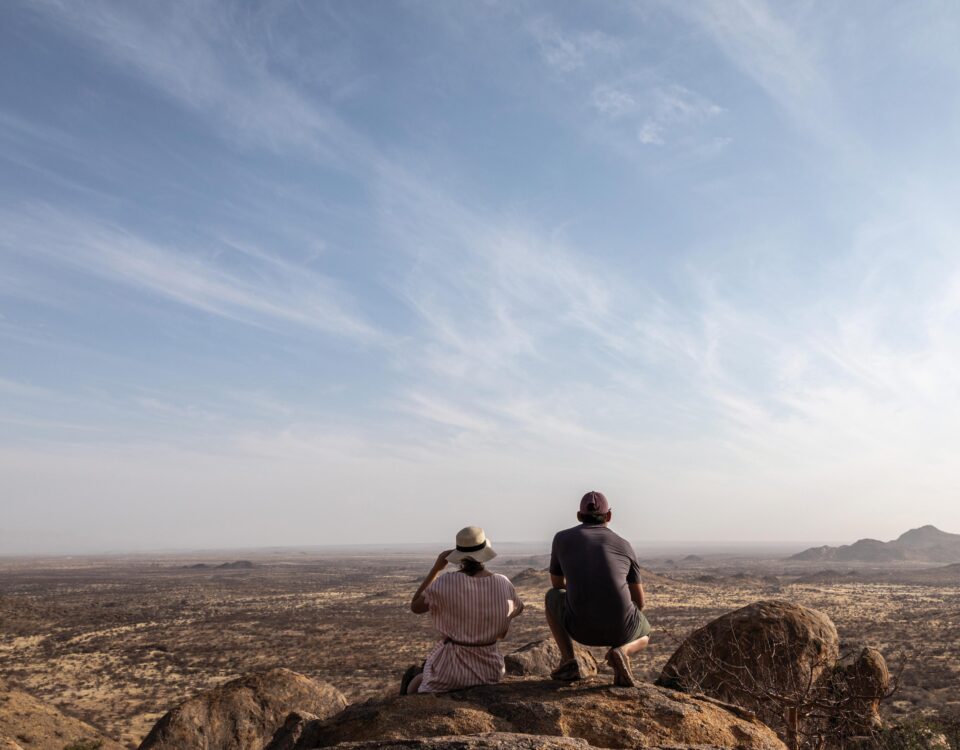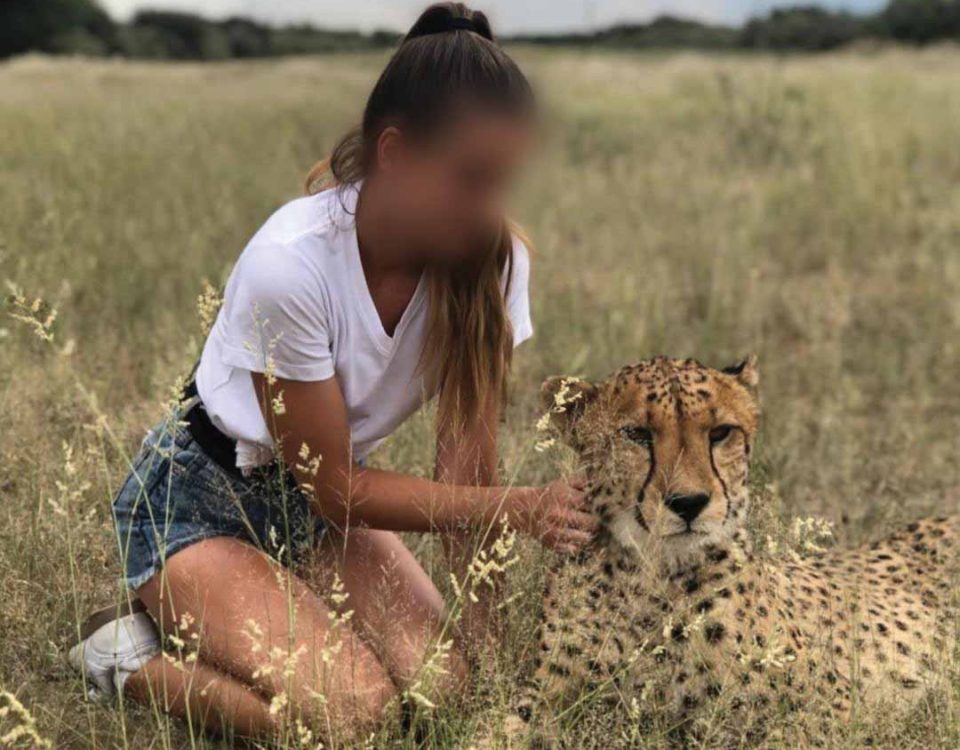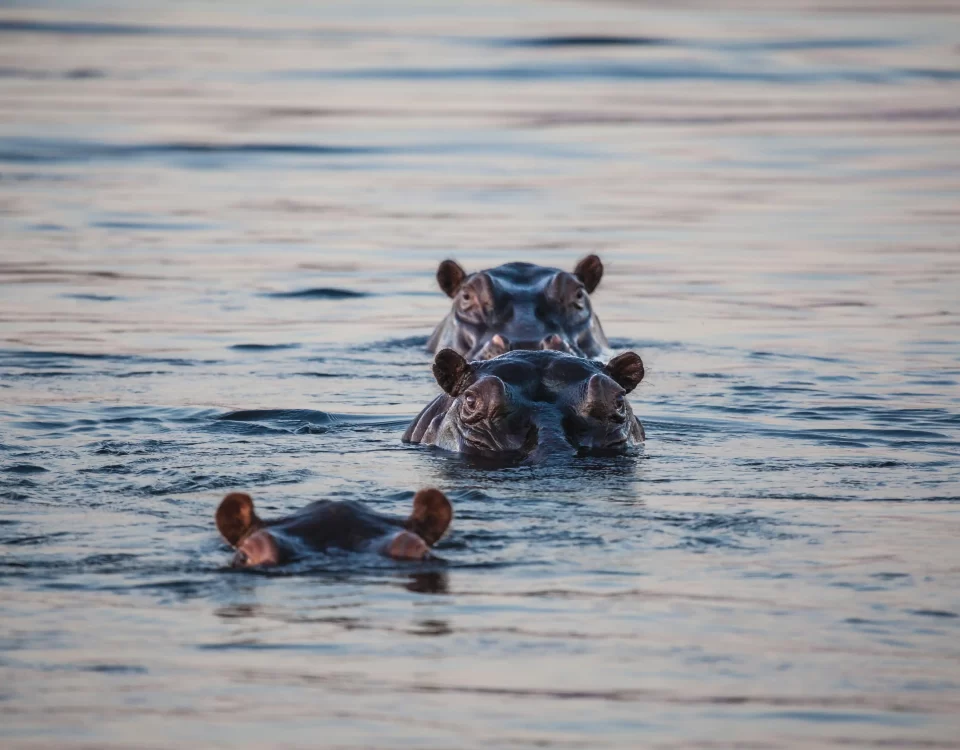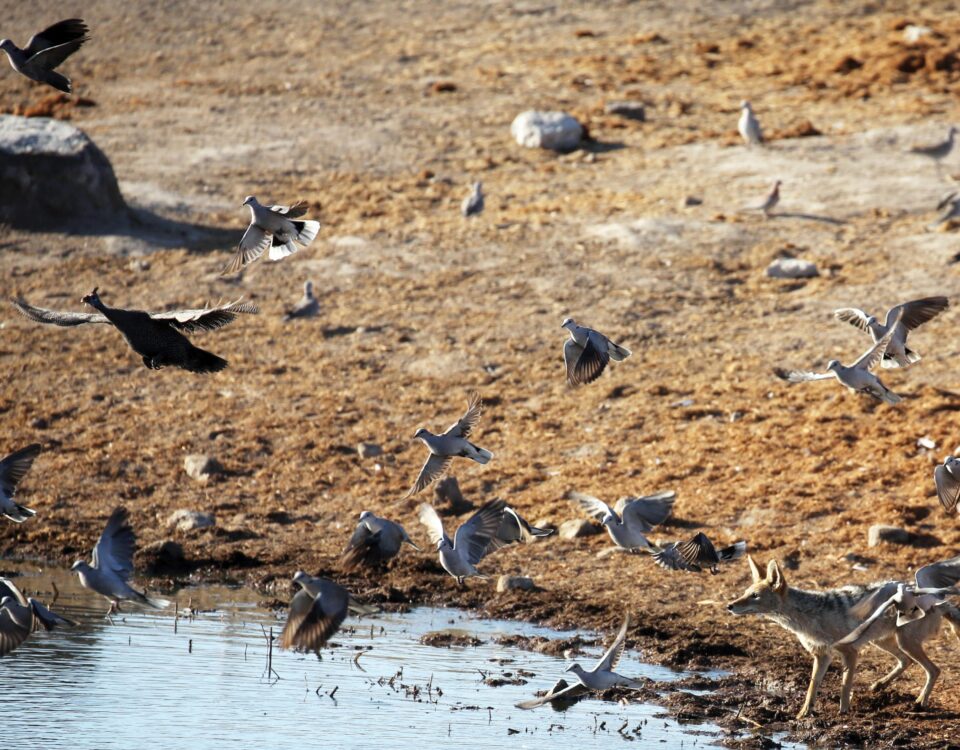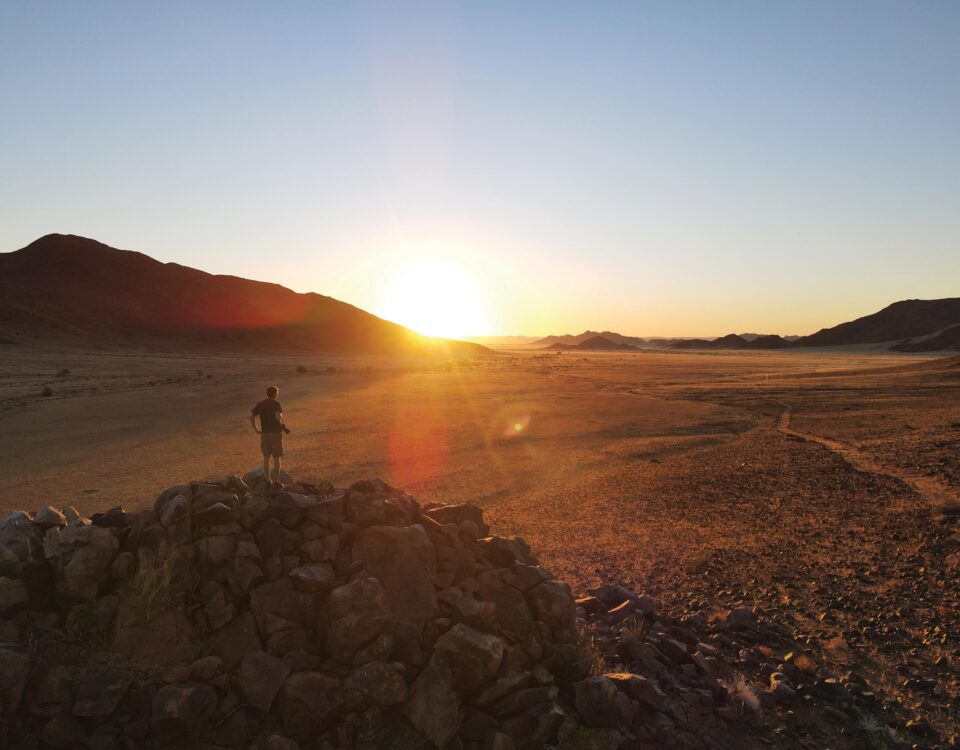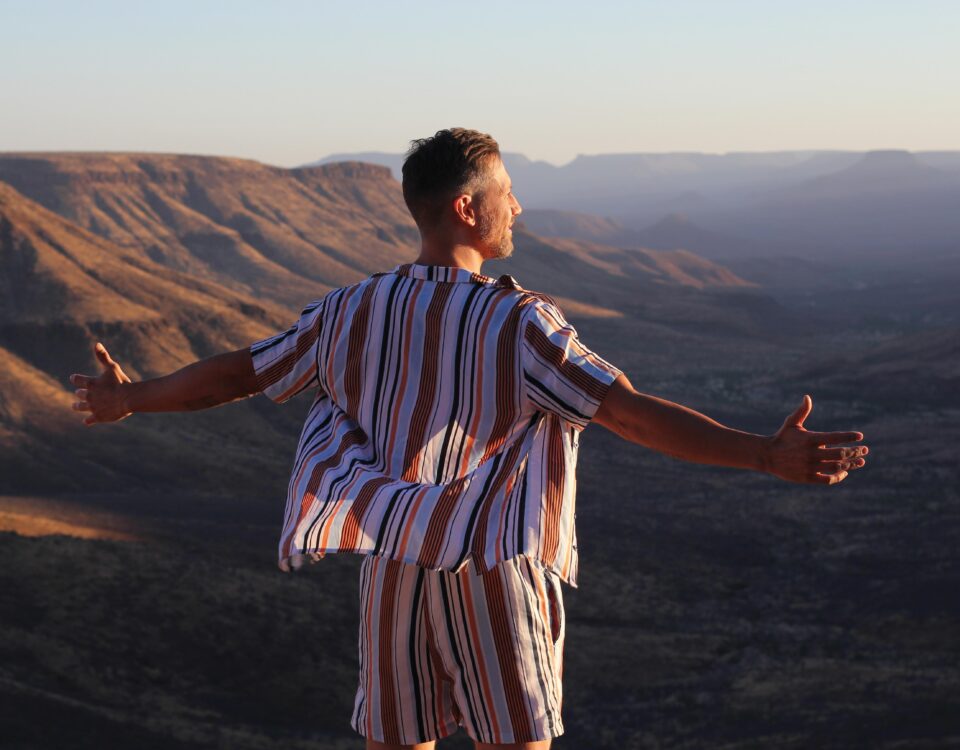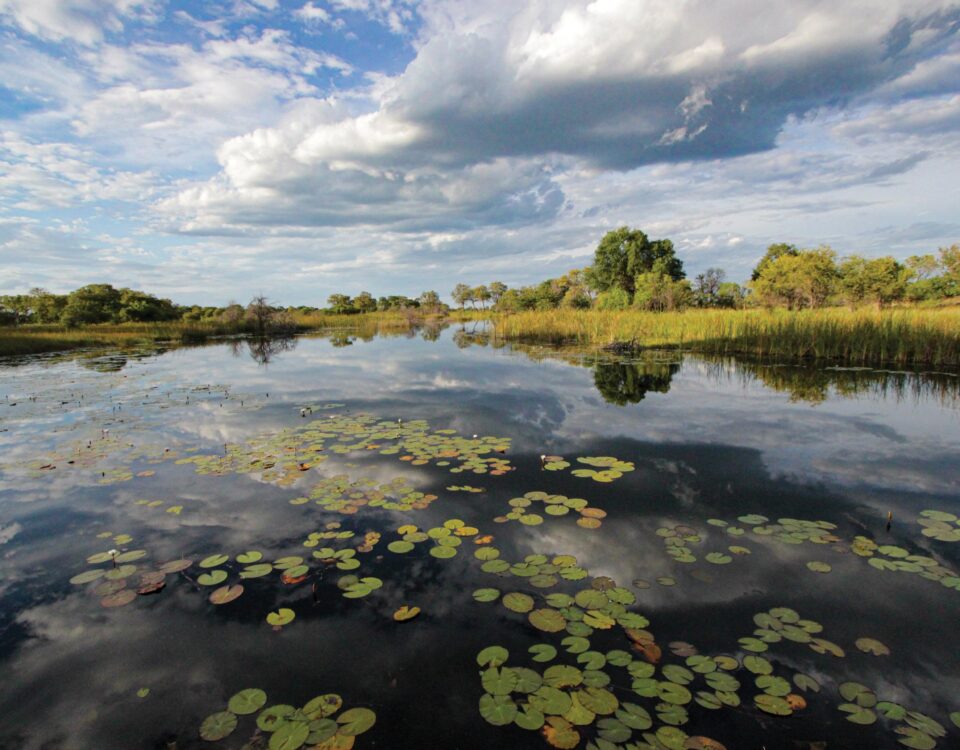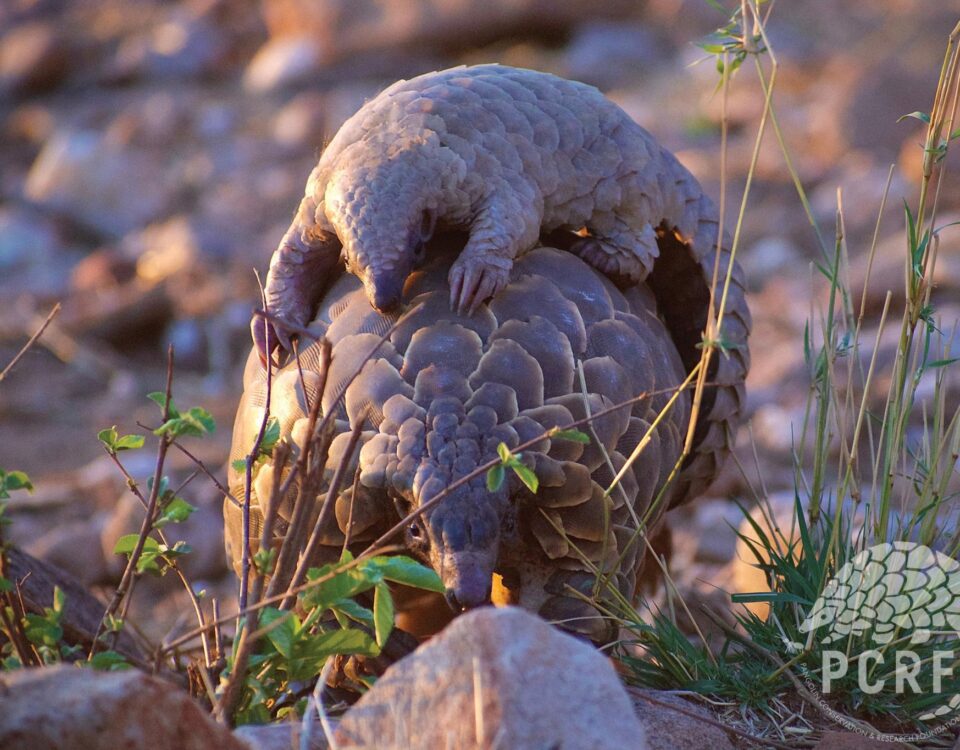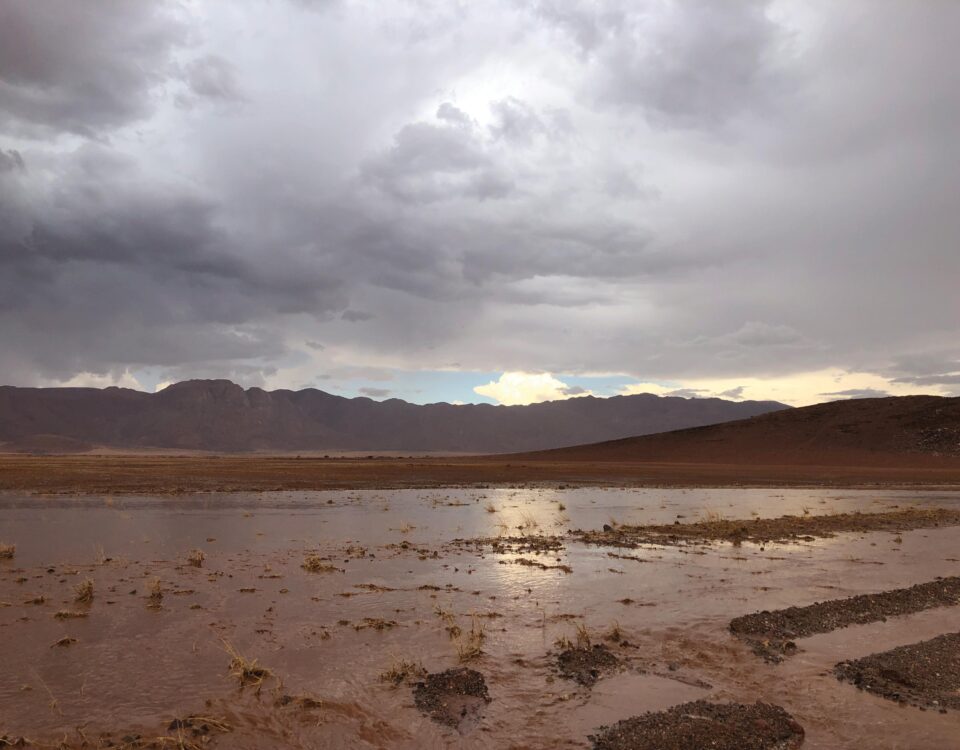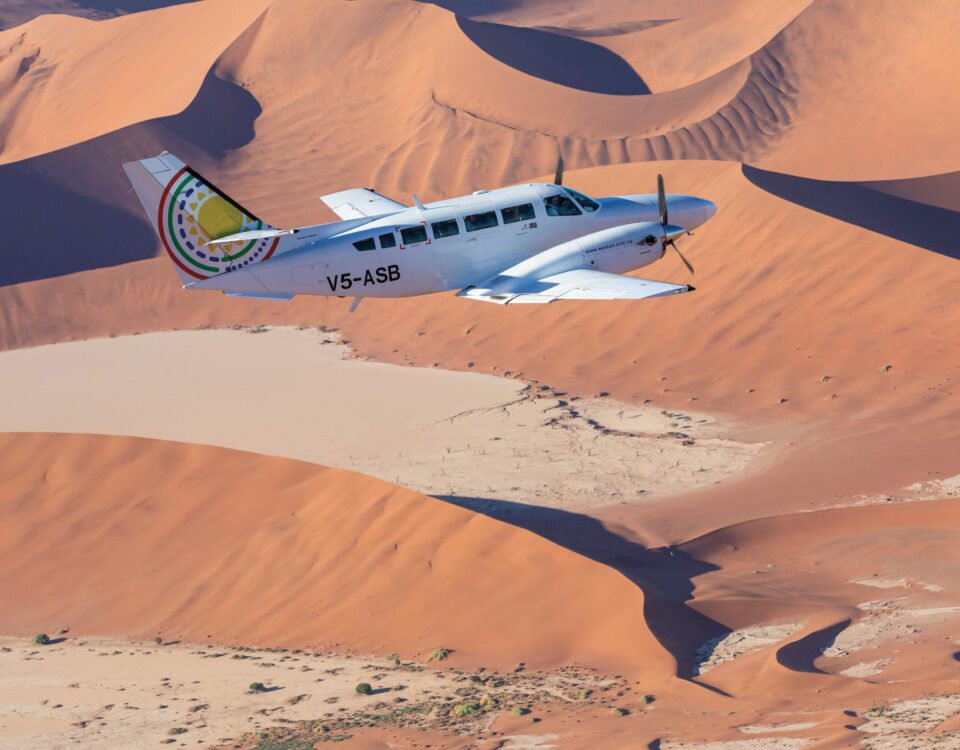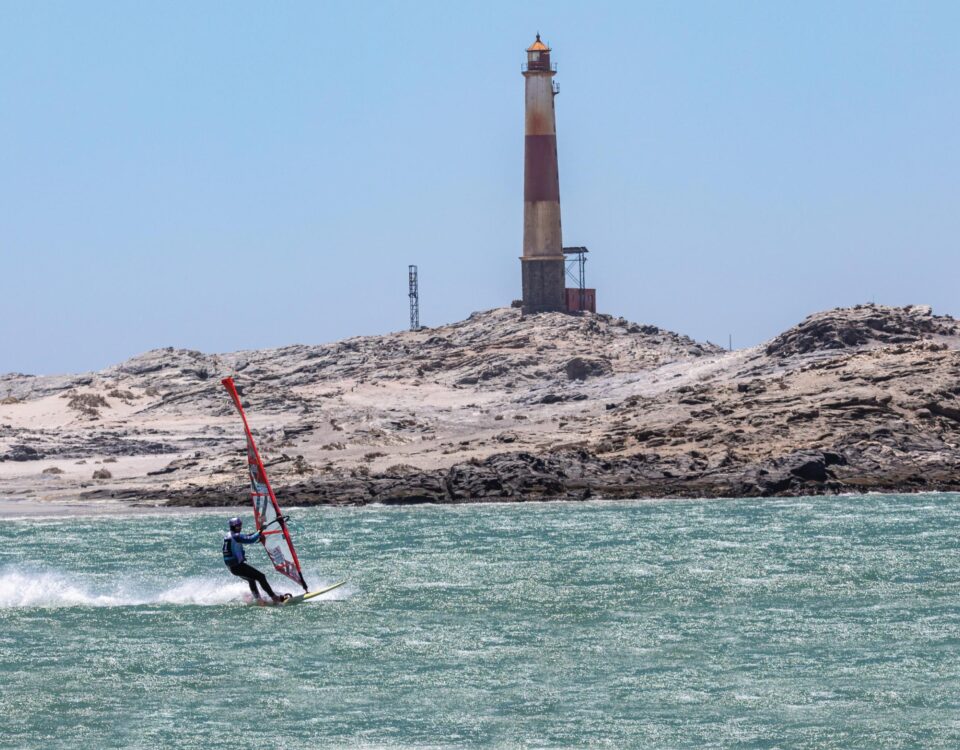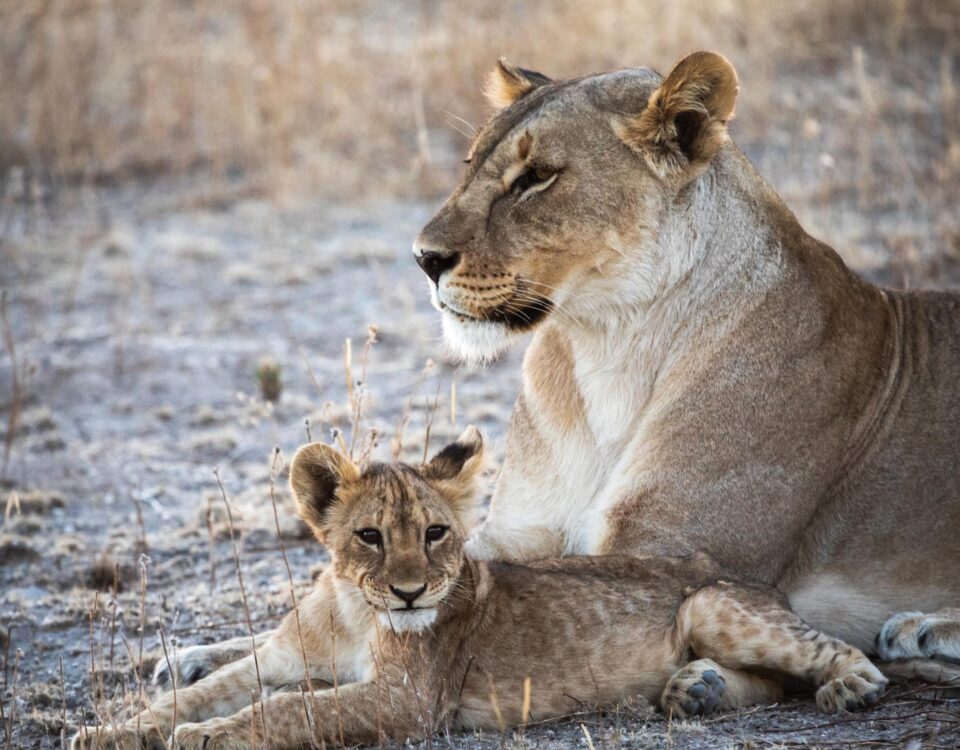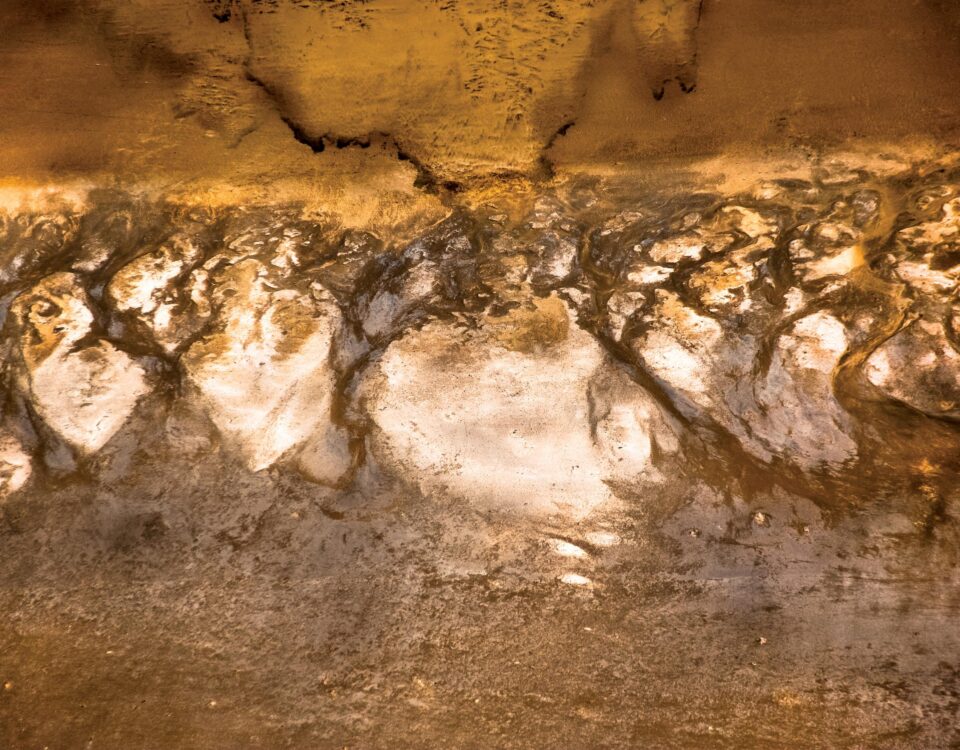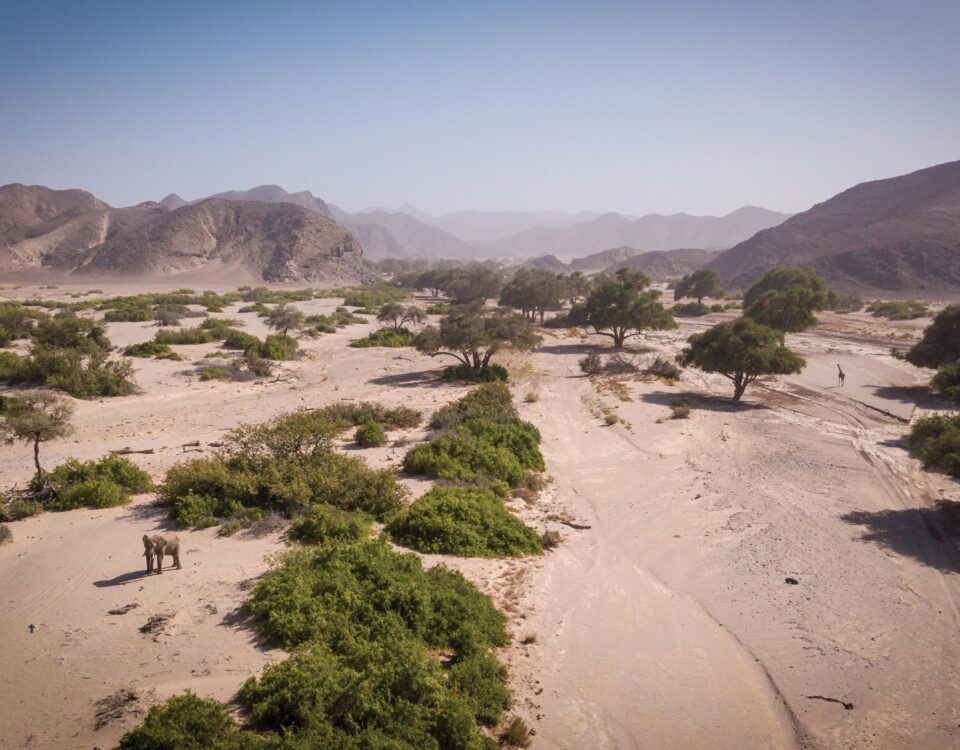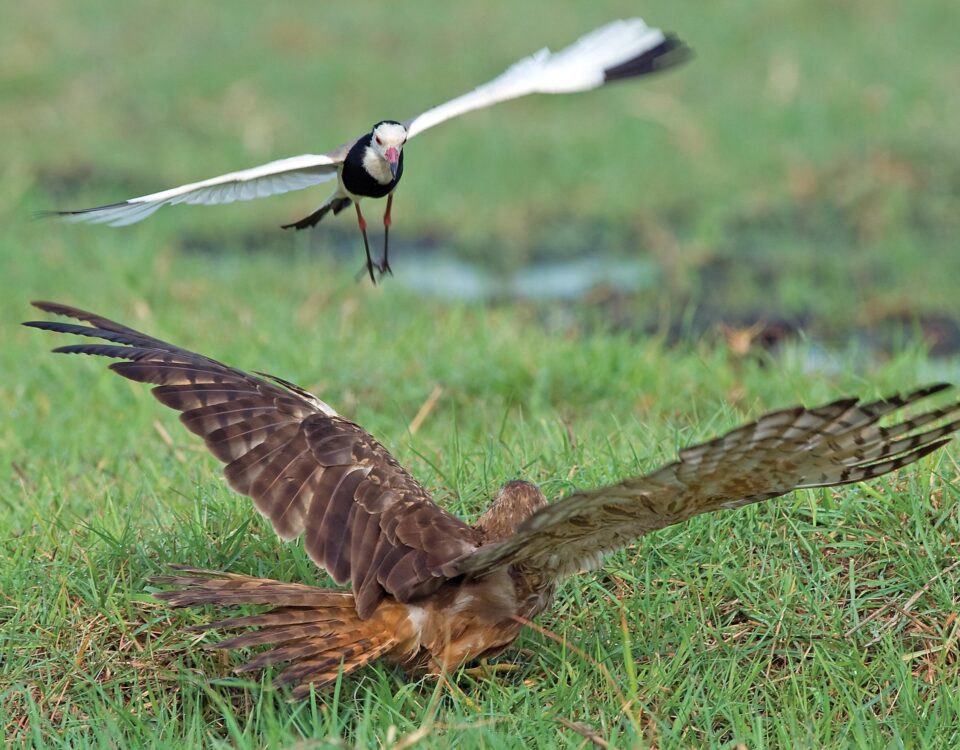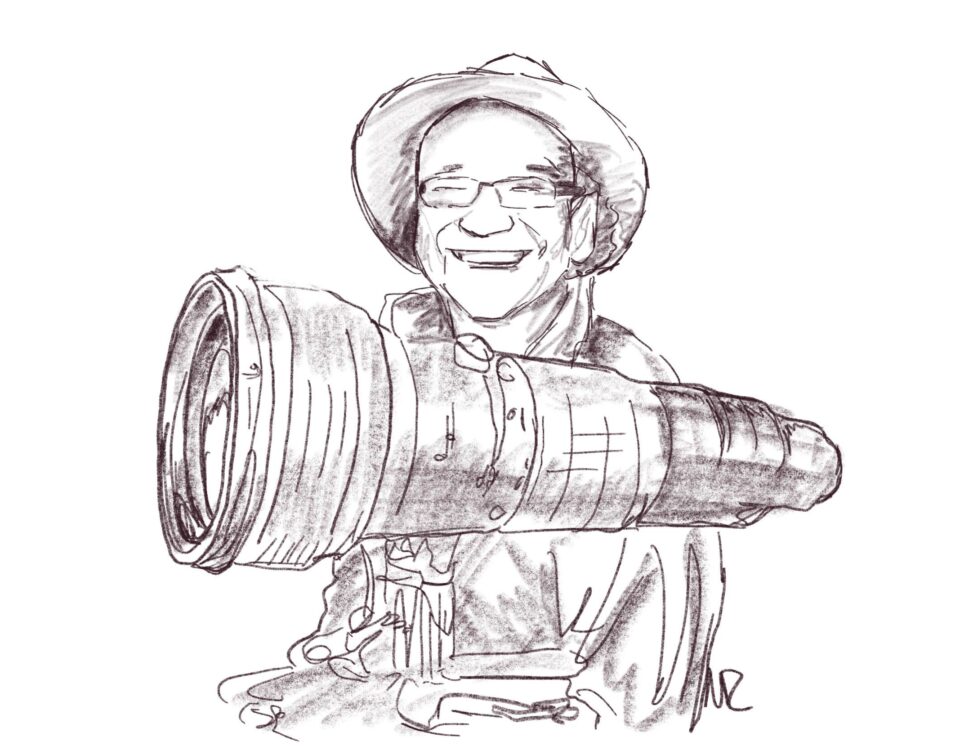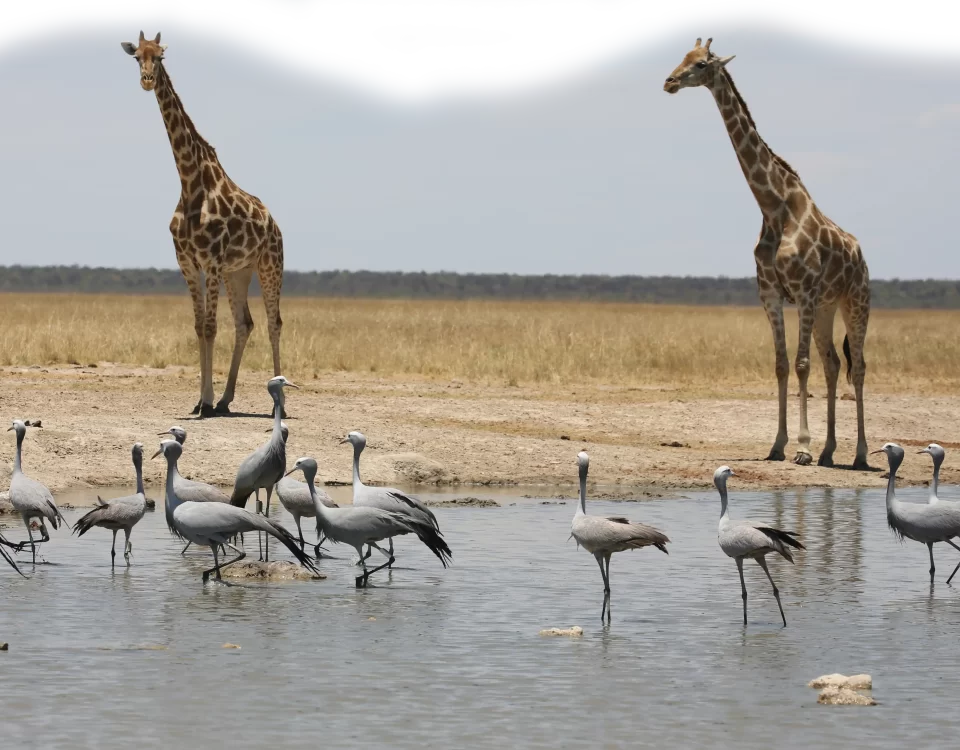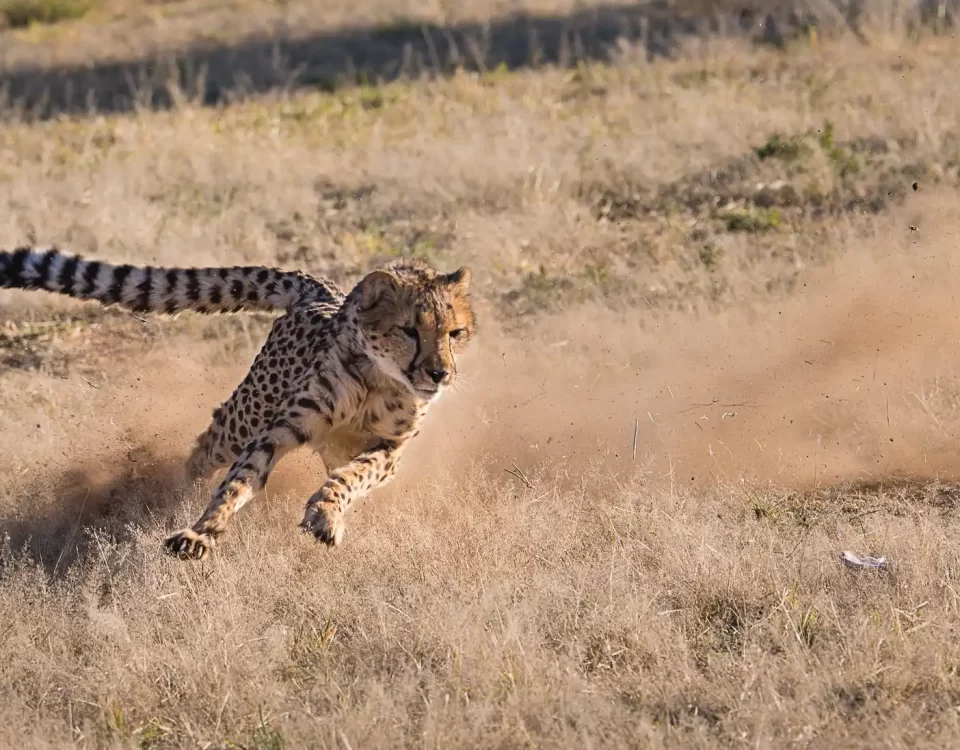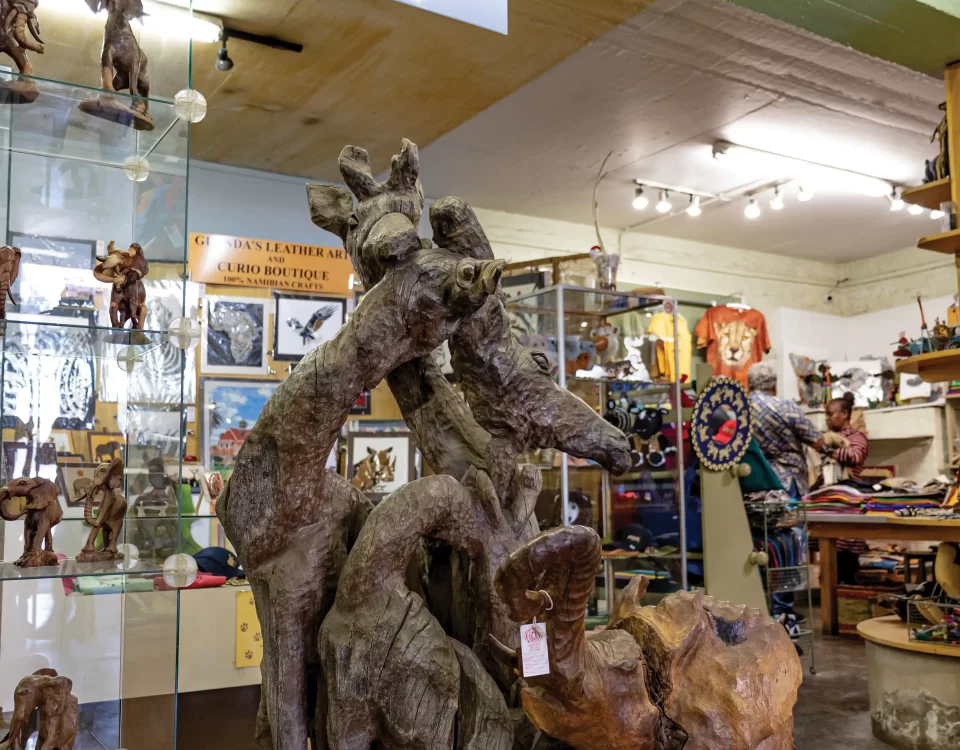In Damaraland you don’t measure a trip from here to there in distance; you measure it in time. Forged from an outpouring of lava some 130 million years ago and then exposed to millions of years of erosion, fluvial drainage, sun, wind, temperature extremes and seismic activity, the landscape is so rugged, it ranks as one of the harshest terrains on our planet. In this regard, the extreme terrain acts as its own fortress, a barrier to outsiders and a haven for those that can adapt to live within this land of sun-baked basalt and hardship. The wildlife that has forged a life in Damaraland’s mountains and valleys is unique, not in their physiology, but in their generational knowledge – survival messages passed on from old to young – which enables them to survive the very extremes of life itself.

